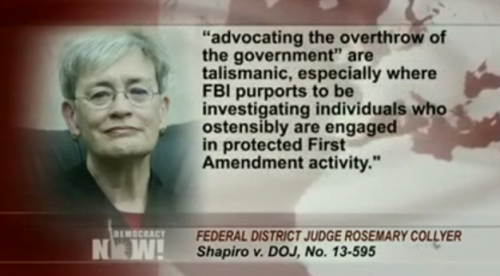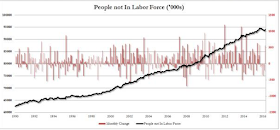Heather Mac Donald is the Thomas W. Smith Fellow at the Manhattan Institute and a contributing editor of City Journal. She earned a B.A. from Yale University, an M.A. in English from Cambridge University, and a J.D. from Stanford Law School. She writes for several newspapers and journals, including The Wall Street Journal, The New York Times, The New Criterion, and Public Interest, and is the author of three books, including Are Cops Racist? and The War on Cops: How The New Attack on Law and Order Makes Everyone Less Safe (forthcoming June 2016).
The following is adapted from a speech delivered on April 27, 2016, at Hillsdale College’s Allan P. Kirby, Jr. Center for Constitutional Studies and Citizenship in Washington, D.C., as part of the AWC Family Foundation Lecture Series.
For almost two years, a protest movement known as “Black Lives Matter” has convulsed the nation. Triggered by the police shooting of Michael Brown in Ferguson, Missouri, in August 2014, the Black Lives Matter movement holds that racist police officers are the greatest threat facing young black men today. This belief has triggered riots, “die-ins,” the murder and attempted murder of police officers, a campaign to eliminate traditional grand jury proceedings when police use lethal force, and a presidential task force on policing.
Even though the U.S. Justice Department has resoundingly disproven the lie that a pacific Michael Brown was shot in cold blood while trying to surrender, Brown is still venerated as a martyr. And now police officers are backing off of proactive policing in the face of the relentless venom directed at them on the street and in the media. As a result, violent crime is on the rise.
The need is urgent, therefore, to examine the Black Lives Matter movement’s central thesis—that police pose the greatest threat to young black men. I propose two counter hypotheses: first, that there is no government agency more dedicated to the idea that black lives matter than the police; and second, that we have been talking obsessively about alleged police racism over the last 20 years in order to avoid talking about a far larger problem—black-on-black crime.
More @ Imprimus Hillsdale






